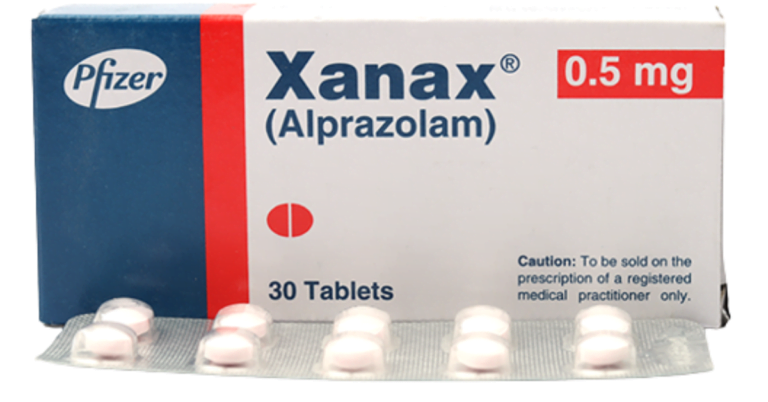How Long does Klonopin Stay in your System?
Klonopin, also known as clonazepam, is a medication that belongs to the benzodiazepine class of drugs. It is commonly used to treat anxiety and seizures….
Klonopin, also known as clonazepam, is a medication that belongs to the benzodiazepine class of drugs. It is commonly used to treat anxiety and seizures. However, like all medications, it is important to understand how long it stays in your system to avoid potential drug interactions or negative effects.
Table of Contents
How Klonopin Works
Klonopin works by increasing the activity of a neurotransmitter in the brain called gamma-aminobutyric acid (GABA). This can help to reduce anxiety and seizures by slowing down the activity of the brain.
How Long Does Klonopin Stay in Your System?
The length of time that Klonopin stays in your system can vary based on several factors, such as your age, weight, metabolism, dosage, and frequency of use. Typically, Klonopin has a half-life of approximately 30-40 hours, which means it takes about that long for half of the drug to be eliminated from your body.
The drug can be detected in urine, blood, and saliva for varying periods of time:
- Urine: Klonopin can be detected in urine for up to 5-14 days after the last use, depending on the dosage and frequency of use.
- Blood: Klonopin can be detected in blood for up to 6-48 hours after the last use.
- Saliva: Klonopin can be detected in saliva for up to 1-10 days after the last use.
It is important to note that these are only general guidelines and the actual length of time that Klonopin stays in your system may vary based on individual factors.
Effects of Klonopin
Klonopin is a medication that can provide relief for anxiety and seizures when used as directed by a healthcare provider. However, it is important to be aware of the potential side effects of the drug, including drowsiness, dizziness, confusion, and impaired coordination. In some cases, Klonopin can also lead to addiction and dependence, especially if it is misused or taken in higher doses than prescribed.
Preventing Klonopin Misuse
To prevent Klonopin misuse, it is important to follow the instructions of your healthcare provider carefully. This includes taking the medication only as directed and avoiding alcohol or other drugs that can interact with Klonopin. If you have a history of substance abuse, it is important to inform your healthcare provider before taking Klonopin.
Conclusion
Klonopin is a medication that can provide relief for anxiety and seizures, but it is important to understand how long it stays in your system to avoid potential drug interactions or negative effects. The length of time that Klonopin stays in your system can vary based on several factors, but it can generally be detected in urine, blood, and saliva for up to several days after the last use. If you have concerns about Klonopin use, it is important to discuss them with your healthcare provider.
Related Article: How long does lidocaine last?
References:
- National Institute on Drug Abuse. (2018). Benzodiazepines and Opioids. Retrieved from https://www.drugabuse.gov/drug-topics/opioids/benzodiazepines-opioids
- RxList. (2021). Klonopin. Retrieved from https://www.rxlist.com/klonopin-drug.htm
- Substance Abuse and Mental Health Services Administration. (2018). Drug Testing. Retrieved from https://www.samhsa.gov/workplace/drug-testing






